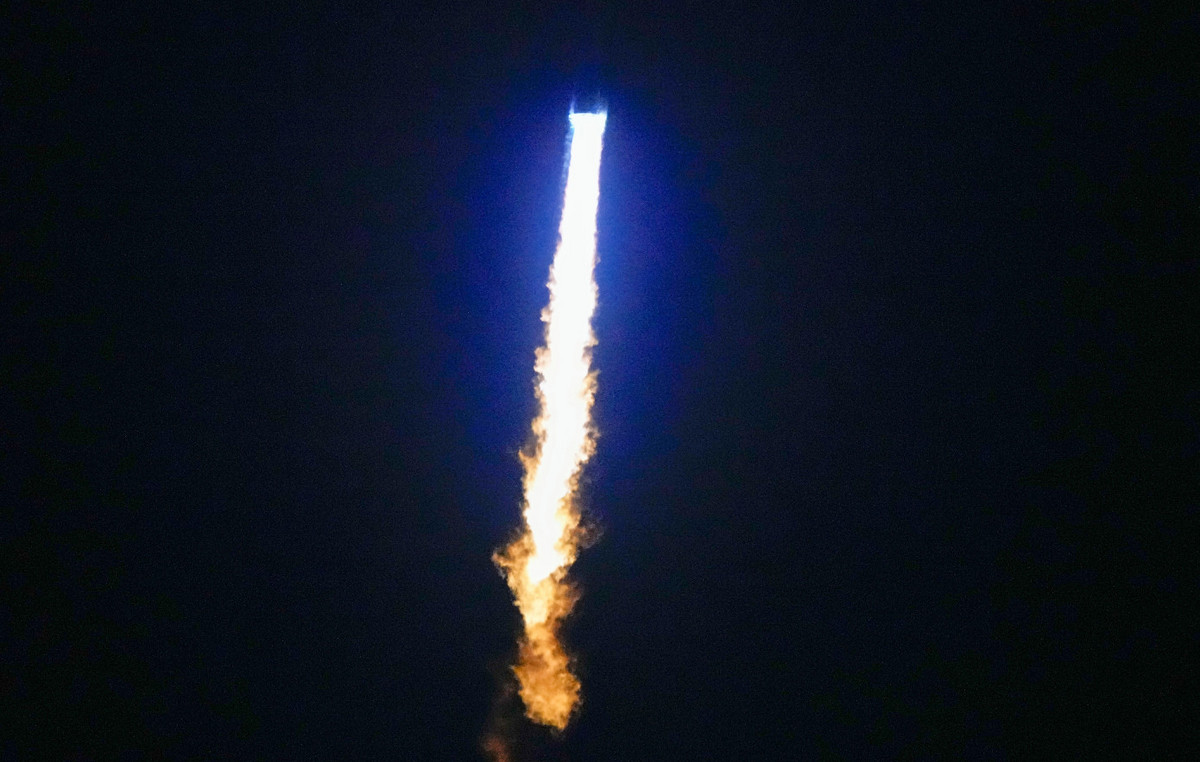Russia plans to demand payments in rubles for gas purchases from “unfriendly countries”, as announced yesterday by Russian President Vladimir Putindeepening its confrontation with the West and possibly exacerbating Europe’s worst energy crisis since the 1970s, according to Bloomberg.
Gas prices soared more than 30 percent yesterday after Putin ordered the central bank to develop a ruble payment mechanism for gas within a week.
Putin’s move showed the growing willingness of both sides to use Russian energy supplies as a “weapon” in the Moscow-West conflict over the war in Ukraine. The details of Putin’s announcement were not immediately clear, but with the demand for ruble payments, the Russian president is effectively forcing European companies to support the Russian currency, as this has been attributed to a free fall from sanctions imposed on the Russian economy. The ruble gained 7% against the dollar on Wednesday, reducing its losses this year to 23%.
Germany, the largest buyer of Russian gas, said the announcement of the ruble payments was a breach of contract and that the country would talk to its European partners about how it would react, according to Economy Minister Robert Hubeck. Italy, Gazprom’s second-largest customer, has said it is unwilling to pay for Russian gas in rubles because it would help Putin ease sanctions on Russia.
“My view is that we will pay in euros, because paying in rubles would be a way to avoid sanctions, so I think we will continue to pay in euros,” Francesco Giavazzi, an economic adviser to Italian Prime Minister Mario Draghi, told Bloomberg Capital Market Forum in Milan.
For utilities that buy gas from Gazprom, the requirement to pay in rubles could lead to disputes and contract negotiations, thus threatening to disrupt the smooth gas supply to the region. Europe supplies about 40% of its gas from Russia and has already faced record prices this winter. German energy giants Uniper and RWE declined to comment, as did Italy’s Eni SpA.
“If Gazprom refuses to deliver gas when buyers pay their bills in the original currency of the contract, usually in euros, buyers can resort to arbitration,” said Anise Ganbold, an analyst at Aurora Energy Research.
The measure to be implemented in countries considered “unfriendly” includes the United States, the United Kingdom and all members of the European Union.
“I have decided to switch to ruble payments for our gas supplies to the so-called unfriendly states,” Putin said on Wednesday.
The “unfriendly” states accounted for about 70 percent of Gazprom’s 2021 export earnings, which amount to about $ 69 billion, said Dmitry Polevoy, a Moscow-based Locko Invest economist. Any change in payment procedures could “temporarily affect” the volume of Russia’s gas exports, he noted.
Russia must stop using “compromised currencies” in gas trade in retaliation for US and European sanctions, Putin said. “It is quite clear that it does not make sense for us to supply our products to the European Union, to the US and receive payments in dollars, euros, other currencies,” he said.
Within a week
About 58% of Gazprom’s gross gas sales abroad were in euros in the third quarter of 2021. Another 39% was in US dollars. Gazprom’s press office declined to comment on whether its long-term supply agreements allow it to switch to ruble payments.
“Gazprom should ask buyers to agree to change the terms of payment on the contracts,” said Trevor Sikorski, head of energy and coal at Energy Aspects Ltd. “This reopens the contracts and buyers could ask for shorter deadlines, for example.”
OMV AG said that the gas supply contracts with Russia do not provide for payment in rubles and the Austrian energy company will continue to pay in euros until the contract is changed, said Alfred Stern, CEO, in an interview with Austrian television Puls 24.
Russia announced earlier this month a list of 48 countries considered unfriendly. Among them were the United States, Japan, all members of the European Union, Switzerland and Norway. As a result, most Russian gas exports now go to “unfriendly” countries.
Putin has ordered his government to instruct Gazprom to start working on the necessary amendments to the current contracts, adding that there is no plan to change the price formulas, only the currency of payments.
“I want to emphasize that Russia will definitely continue to supply gas in accordance with the quantities and prices and the pricing mechanisms provided for in the existing contracts,” Putin said.
For some buyers, switching to rubles could be possible.
“This is not a risk to the supply, we have checked it, there is a counterparty in Bulgaria that can trade in rubles,” said state-owned distributor Bulgargaz EAD and a Gazprom customer. “We expect all sorts of actions on the verge of the unusual, but this scenario has been discussed, so there is no risk of payments under the current contract.”
In the first 15 days of March, Gazprom exported an average of 500 million cubic meters per day to countries outside the former Soviet Union, including the EU, China and Turkey. Of the total, flows to Europe averaged 384 million cubic meters per day, according to company data.
Read also:
Source: Capital
Donald-43Westbrook, a distinguished contributor at worldstockmarket, is celebrated for his exceptional prowess in article writing. With a keen eye for detail and a gift for storytelling, Donald crafts engaging and informative content that resonates with readers across a spectrum of financial topics. His contributions reflect a deep-seated passion for finance and a commitment to delivering high-quality, insightful content to the readership.





